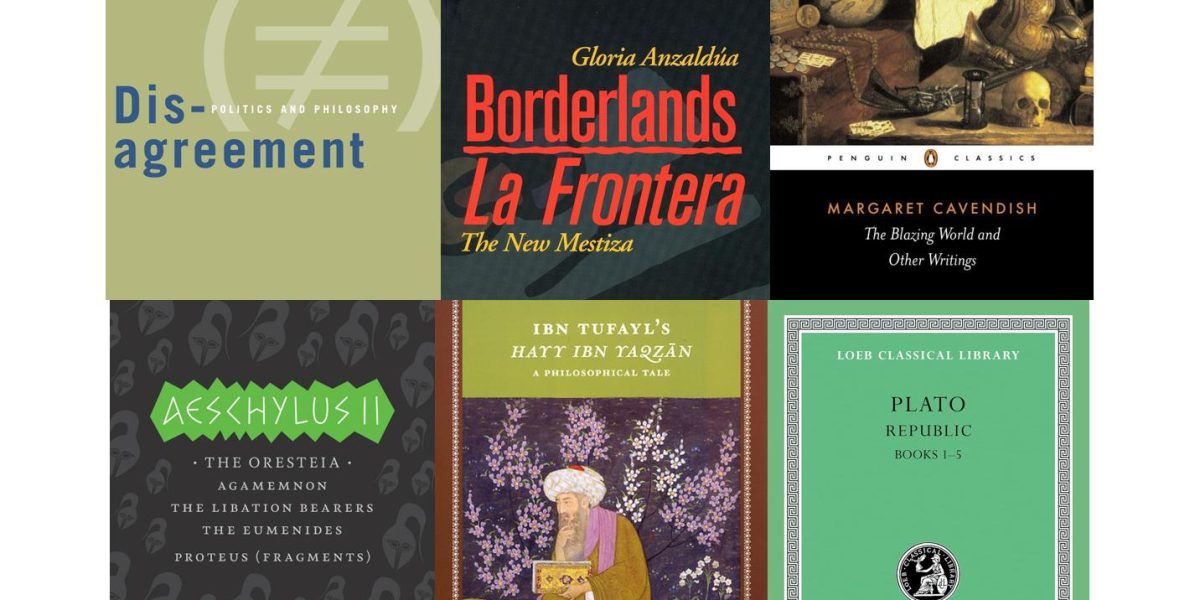First-Year Seminar

Faculty:
It appears that we are currently experiencing a pivotal historical moment, during which long-standing assumptions about the state and public life are being challenged in novel and disconcerting ways on a global scale. The notion of economic and political stability, once widely accepted as a natural consequence of the post-Cold War era, has become increasingly uncertain, even within the context of established liberal democracies in the North Atlantic region. There is
a discernible decline in faith in democracy as a form of governance, along with its foundational principles—freedom of speech, cosmopolitanism, and the separation of religion and politics. The contemporary global landscape is characterized by a series of unprecedented challenges, including climate change and public health crises, which are exerting a substantial pressure on the prevailing world order, which is predicated on independent nation-states. In light of these developments, students worldwide are confronted with the pressing task of rethinking the concept of life within a shared civic space. This entails revisiting, reformulating, and potentially reinvigorating the notion of collective existence.
This First-Year Seminar is devoted to exploring the tensions and responsibilities that arise from membership in a democratic community, the obligations and possibilities of citizenship, and the very notion of society as a unified body. The inquiry focuses on foundational texts that have shaped civic thought and the imagination of political order across time and cultures. These texts include works of literature, philosophy, political theory, science, and the arts.
During the fall semester, the course will direct its attention to seminal texts from antiquity that have exerted a formative influence on the development of early republican ideas. In this endeavor, the course will engage with the works of prominent authors such as Aeschylus and Plato, whose writings have consistently served as a foundational reference point for our understanding of civic life and the concept of political responsibility.